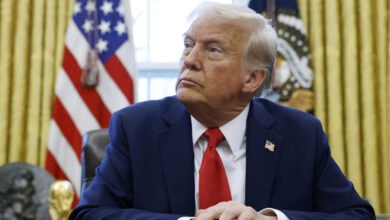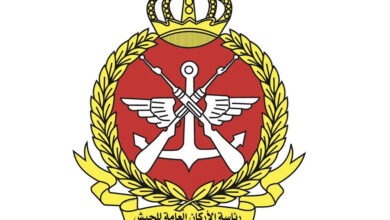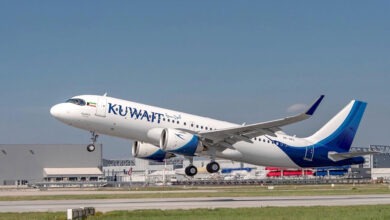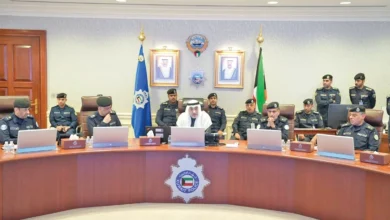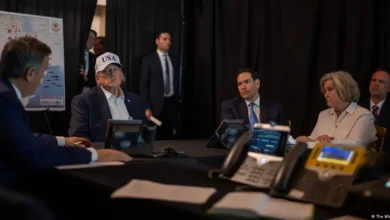Kuwait-India relations set to flourish with PM Modi visit
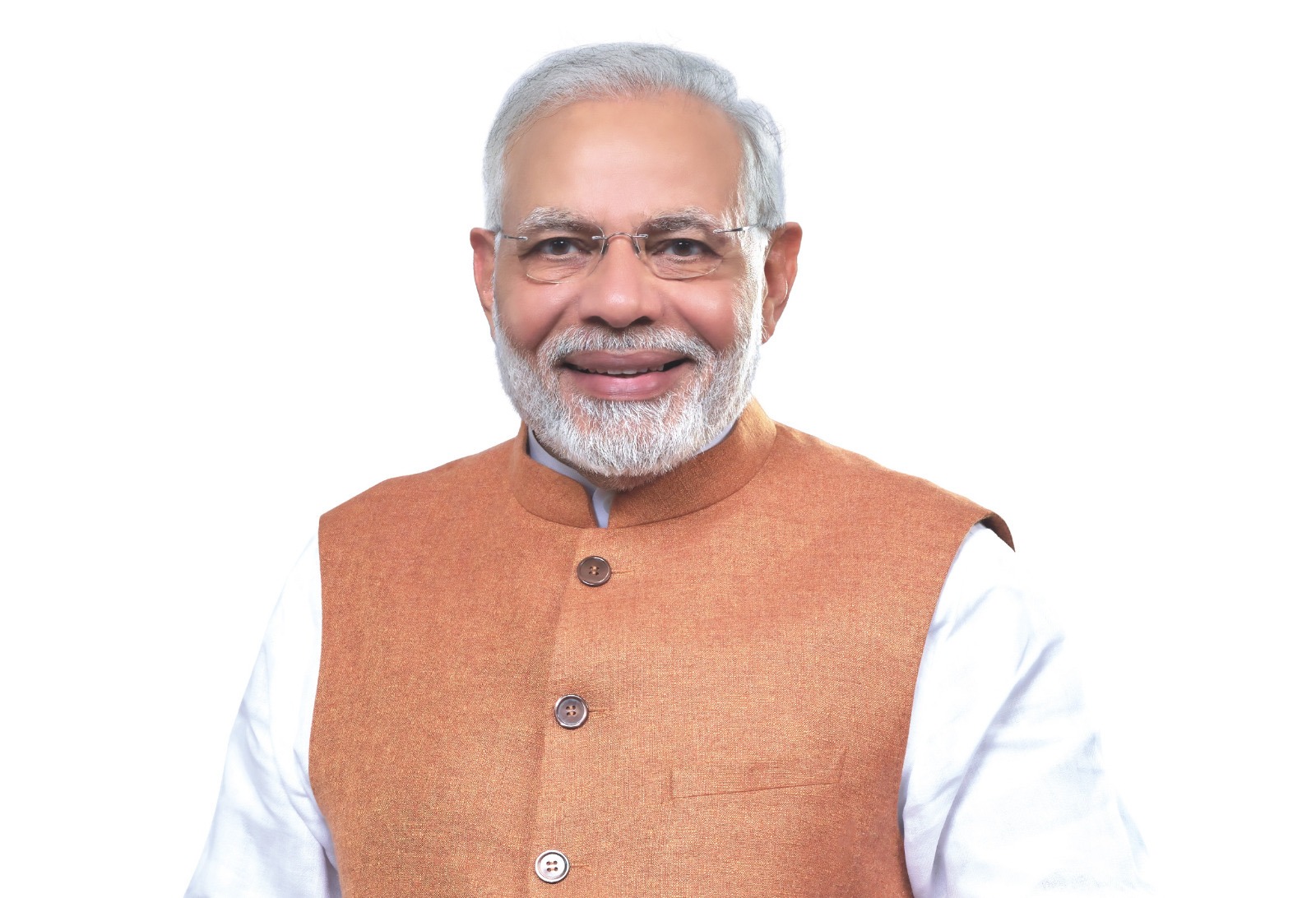
By Reaven D’Souza
Executive Managing Editor
Official visit by Indian Prime Minister Narendar Modi to Kuwait on 21–22 December is expected to consolidate and further catalyze the centuries-old trade and cultural relations between India and Kuwait.
The historic visit, the first by an Indian premier since 1981, and the first visit by Prime Minister Modi to Kuwait since taking office, is expected to include discussions with Kuwaiti leadership on further boosting and broadening the multifaceted relationship between the two friendly countries. The talks are also likely to center on new areas of mutually beneficial cooperation that ensures the prosperity and welfare of the two people going forward.
India and Kuwait share similar viewpoints and interests on many regional and global issues, and the two countries have reiterated these positions during high-level bilateral diplomatic engagements and at multilateral fora. Most recently, during their meeting in New York on the sidelines of the UN General Assembly session in September, His Highness the Crown Prince Sheikh Sabah Khaled Al-Hamad Al-Sabah met with Prime Minister Modi and exchanged views on bilateral matters and the regional security situation.
During the meeting the Indian premier expressed satisfaction at the growing momentum in bilateral relations, and voiced confidence that the close cooperation between India and the Gulf Cooperation Council (GCC) states would be further strengthened under Kuwait’s ongoing Presidency of the GCC.
Both leaders also called for an early return of peace, security and stability in the Middle East, and for the unhindered delivery of humanitarian aid. In the latest diplomatic engagement between the two countries, in early December, Kuwait’s Foreign Minister Abdullah Ali Al-Yahya headed an official delegation to New Delhi to hold talks with his Indian counterpart, External Affairs Minister Dr. S. Jaishankar. During the visit, he also met with the Indian premier, and expressed his confidence that under the leadership of Prime Minister Modi the robust relations between Kuwait and India would scale even greater heights.
Pointing out that India is a very important partner to Kuwait, Al-Yahya noted that the bilateral memorandum of understanding (MoU) signed during his visit would set up a Joint Commission for Cooperation (JCC) at the Foreign Minister level. He added that this would expand the scope for new Joint Working Groups in areas such as trade, investment, education, technology, agriculture, security, and culture.
Elaborating on the JCC, Indian Ambassador to Kuwait, H.E. Dr. Adarsh Swaika said during a media-meet last week that the outcome of the Kuwaiti foreign minister’s visit to India was highly significant and successful. He pointed out that the MoU signed to set up a JCC during the foreign minister’s visit to India would “serve as an umbrella for coordinating all aspects of our bilateral relations. Under this framework, seven joint working groups will be established in various areas where no institutional mechanism has existed so far.”
He noted that previously India and Kuwait had institutional mechanisms for consultation only in four areas, and that the JCC would facilitate new working groups in the fields of trade, investments, education and skills development, defense and security, consular issues, culture, and in science and technology.
“Each of these seven working groups will begin holding meetings, creating a robust set of institutional mechanisms to address various aspects of our cooperation,” said the ambassador.
In another indication of a positive and renewed trajectory in political engagements between India and Kuwait, Indian External Affairs Minister, Dr. S. Jaishankar visited Kuwait last August and held high-level meetings with Kuwait’s leadership. Following the meeting, Dr. Jaishankar praised His Highness the Amir Sheikh Meshal Al-Ahmad Al-Jaber Al-Sabah and His Highness the Crown Prince Sheikh Sabah Khaled Al-Hamad Al Sabah, and the government headed by His Highness the Prime Minister Sheikh Ahmad Abdullah Al-Ahmad Al-Sabah, for elevating bilateral relations to a higher level.
Addressing the media during his visit, Dr. Jaishankar stated that India and Kuwait share a historic relationship built on bonds of goodwill and friendship, which continues today through their shared visions and interests. Pointing out that two countries are ready for an upgrade of their existing ties, the minister said that bilateral trade, which has remained steady at $10-15 billion annually and is dominated by energy and food trade, has immense potential to be increased in other fields such as in services. IT, pharmaceuticals and defense.
He indicated that among the factors that could facilitate the boosting of bilateral trade to the next level are an agreement that would contribute to Kuwait’s food security, and recognition for Indian pharmacopeia, which would facilitate the entry of Indian pharmaceuticals and medical equipment to help drive down healthcare costs in Kuwait. Trade settlements in local currencies, as well as connecting Kuwait’s KNET payment infrastructure to India’s Unified Payments Interface (UPI), could also provide additional fillip to bilateral trade, said the minister.
Analysts note that although discussions on a Free-Trade-Agreement (FTA) between India and the GCC are underway, this does not preclude India and Kuwait exploring the prospects of a separate bilateral trade agreement, such as the ‘Comprehensive Economic Partnership Agreement’ that India and the United Arab Emirates signed in 2022.
A bilateral agreement could, among others, lower tariffs on exports, enhance market access, and provide preference in government tenders for businesses in the two countries. During his media meet, Dr. Jaishankar also stressed the immense investment potential in India, and invited public and private sector entities in Kuwait to explore the investment opportunities prevailing in India today.
Pointing out that the pace of infrastructure projects in India are stupendous, he noted that over the last decade, India has built 75 new airports and 15 new metros. Every day, almost 30 km of highway and 12 km of railway track are being constructed in the country, and the number of education and skill institutions have more than doubled.
India’s robust growth story has made the country one of the largest destinations of international investment flows, including by GCC member states. For instance, Saudi Arabia and the UAE have announced ambitious investment targets of US$100 billion and $75 billion respectively. Major Indo-GCC projects on the pipeline include joint development by oil companies from India, Saudi Arabia and the UAE in the $44 billion Ratnagiri Refinery and Petrochemicals project in India’s Maharashtra state.
Expanding on India’s relations with the Gulf Cooperation Council (GCC) states, the Indian External Affairs Minister noted that the GCC region accounts for one-sixth of India’s total trade and one-third of its total diaspora. Over 30 percent of our oil and 70 percent of our gas is imported from the GCC. He added that under Prime Minister Narendra Modi, India has given a particular primacy to cultivating closer ties with GCC member states.
Growing strategic convergence and economic interests between India and the Gulf countries has resulted in deeper political, economic and defence ties. Since 2014, when he first assumed office, the Indian premier has called for recalibrating India’s relationship with GCC countries, considering them as an integral component of India’s ‘extended neighborhood’, an area in which India has increasing interests and influence.
In the past, India-GCC relations were defined narrowly by their trade in energy and food, and by the large number of Indian migrant workers living and working in the GCC. Under Prime Minister Modi’s watch, bilateral relations have been remolded into a new strategic framework. Built on trust and the willingness to work together on critical regional and global issues, the new framework encompasses bilateral agreements and investments that drive economic growth, as well as defence and security agreements that aim to address regional security concerns.
As India embarks on its ambitious plans to become a ‘Viksit Bharat’ by 2047, and Kuwait pursues its Vision 2035 for a New Kuwait, leadership of the two countries realize the importance of empowering youth, promoting unity among citizens, and ensuring inclusive growth for a just, peaceful, and sustainable tomorrow. This was underlined by the Indian prime minister in an op-ed he published shortly after assuming India’s premiership for the first time in 2014.
The Indian premier stated, “A young nation with 800 million people under age 35, India is brimming with optimism and confidence. The young people’s energy, enthusiasm and enterprise are India’s greatest strength. Unleashing those attributes is my government’s biggest mission.” He added, I draw confidence in India from the countless extraordinary stories of ordinary Indians, young and old, that I have encountered through my decades of travel across India.
On unity amidst the vast diversity of India he noted: “The nation as diverse as India is strong because of its innate sense of unity. The citizen should strive to understand, appreciate and imbibe the various diverse cultural, linguistic and ethnic strands that form the fabric of Bharat. Citizens of the country need to strengthen this unity and protect the nation against disruptive elements that threaten this unity.”
In his comments on inclusivity and ensuring a sustainable future for the planet, Prime Minister Modi said that the Indian philosophy of ‘Vasudhaiva Kutumbakam’ (The world is one family) embraces an outlook that encourages us to progress as one universal family, transcending borders, languages, and ideologies. During India’s G20 Presidency in 2023, this has translated into a call for human-centric progress, of ‘One Earth, One Family, One Future’ for all of humanity.







